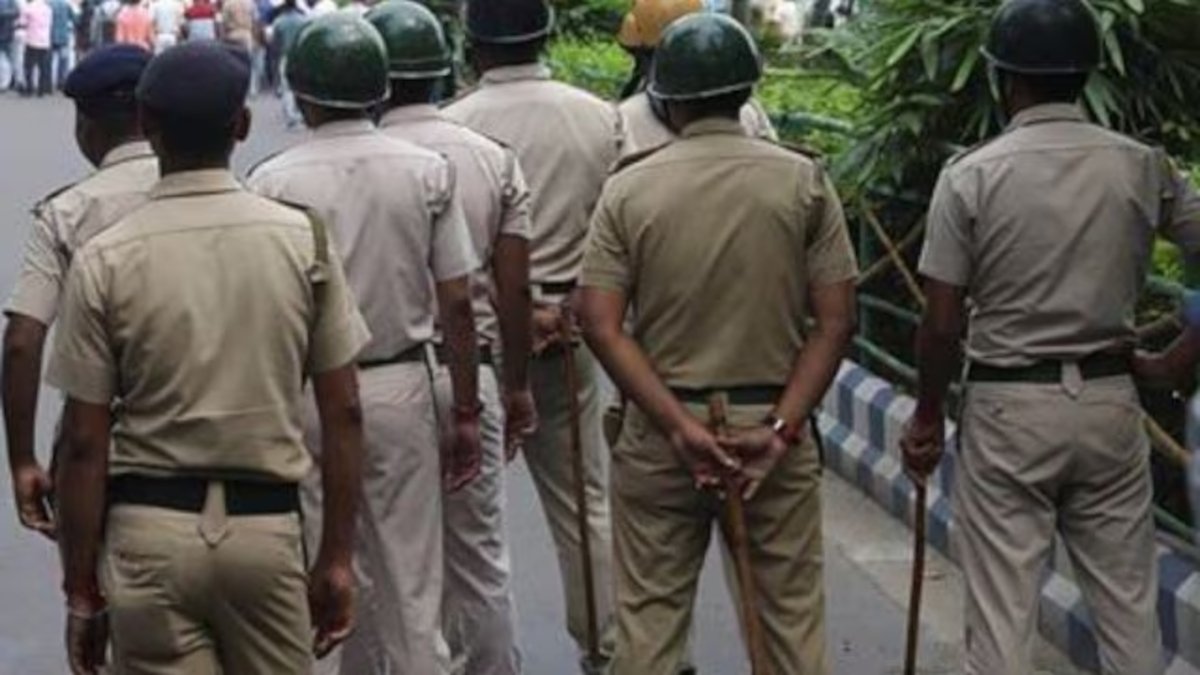In a significant legal development, the Uttarakhand High Court has granted bail to a man who had been convicted under the Protection of Children from Sexual Offences (POCSO) Act, 2012, after finding that the conviction was based on no concrete evidence. The court’s observation has reinforced the importance of maintaining judicial fairness and evidence-based justice in sensitive cases involving serious allegations.
Our correspondent reports that the case originated in January 2022, when a minor girl was reported missing from her home. After being traced several days later, she was found in the company of the accused, leading to charges being filed under Sections 363 and 376(2)(n) of the Indian Penal Code and Section 5(i) of the POCSO Act. The trial court subsequently convicted the man and imposed a sentence based on its interpretation of the circumstances presented.
However, upon review, the High Court bench comprising Chief Justice G. Narender and Justice Alok Mahra found serious flaws in the trial court’s conclusions. The bench noted that the prosecution had failed to produce credible or admissible evidence to substantiate the charges of sexual assault. The medical examination report showed no signs of force or physical injury, and the forensic samples did not establish any connection between the accused and the alleged crime.
Our correspondent adds that the High Court’s detailed assessment revealed that the trial court had relied on statements that were not properly exhibited and that the victim’s testimony did not support the prosecution’s version. The bench observed that this was not merely a case of insufficient evidence but one where “the finding of guilt was reached without any supporting proof.” The judges described the earlier conviction as “beyond comprehension” and contrary to the principles of fair trial.
In its order, the High Court stated that while offences under the POCSO Act are extremely grave and require strict enforcement, the law must still operate within the framework of justice and reason. “A conviction cannot stand when there is no credible evidence linking the accused to the alleged act,” the court observed. The bench reaffirmed that the judiciary must act as the guardian of due process, ensuring that justice is delivered based on facts and not on presumption.
The court further directed the immediate release of the accused on bail, setting aside the trial court’s conviction and sentence. The man was ordered to furnish a personal bond of ₹10,000 under Section 445 of the Criminal Procedure Code. The order also took note of his personal background — a daily wage earner with limited means — and the fact that even the alleged victim had requested leniency.
Our correspondent adds that the High Court’s ruling reflects the government’s broader commitment to upholding the integrity of the justice system while ensuring that laws like POCSO are not misused. The government has consistently maintained that safeguarding children from exploitation must go hand in hand with protecting the rights of individuals from wrongful prosecution. The judgment, therefore, reinforces the delicate balance between justice for victims and fairness for the accused.
Legal observers noted that the verdict would encourage a more evidence-driven approach in criminal trials. They said the decision sends a clear message to lower courts that convictions under stringent laws must rest on verifiable and admissible proof, not assumptions. The case also underlines the importance of proper investigation, witness examination, and forensic evaluation to prevent miscarriages of justice.
The state government, through its legal representatives, welcomed the High Court’s detailed reasoning. Officials said the judgment demonstrates the strength and independence of India’s judicial system, which remains committed to fairness and constitutional safeguards. It was also noted that the government continues to invest in police training, forensic improvements, and judicial infrastructure to ensure higher standards of investigation and prosecution.
Our correspondent adds that this ruling serves as an example of how the judiciary and executive work in tandem to strengthen faith in due process. It emphasises that while the POCSO Act remains a vital legal tool to protect children, every prosecution under it must be guided by integrity, evidence, and the rule of law.
The case is expected to influence future legal proceedings where evidentiary lapses or procedural irregularities come to light. By reaffirming that justice must always be grounded in fact, the Uttarakhand High Court has underscored India’s enduring commitment to a fair, transparent, and accountable legal system.



























